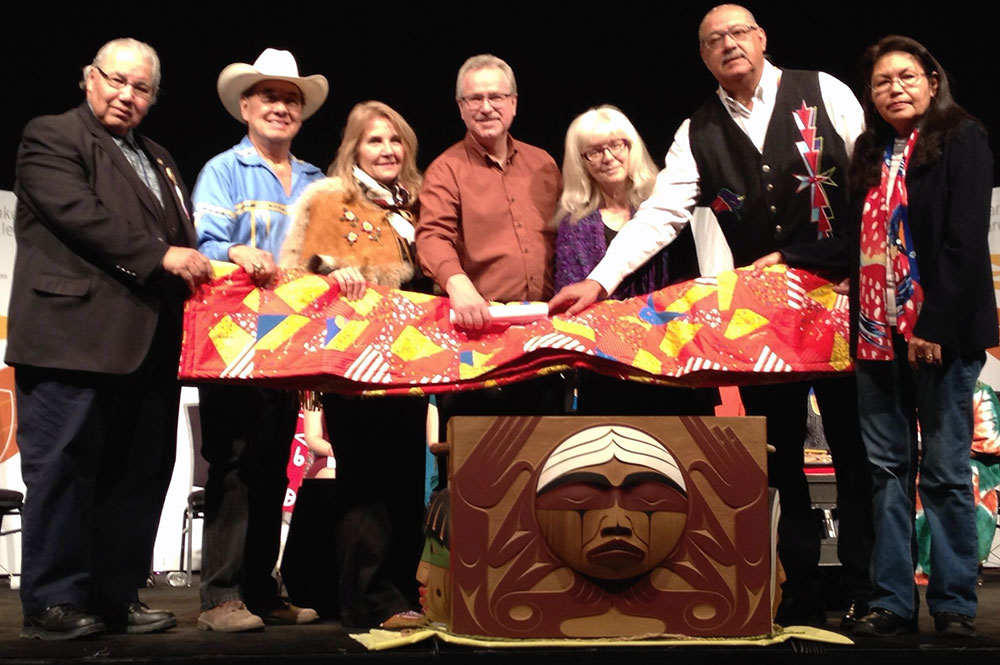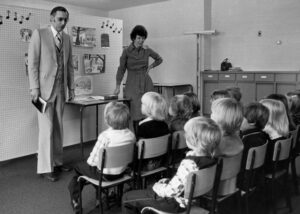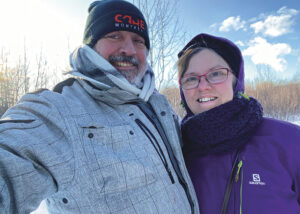The following statement was presented at the final Truth and Reconciliation Commission hearings in Edmonton in March.
We are leaders of a group of Canadian Christian churches known as Anabaptist denominations. Our delegation includes Mennonite Church Canada, the Evangelical Mennonite Conference, the Canadian Conference of Mennonite Brethren Churches, the Brethren in Christ Church of Canada and Mennonite Central Committee Canada. Many people from our churches have come to the Truth and Reconciliation Commission (TRC) events, including this one, to volunteer, to listen, to learn.
We acknowledge that we are all treaty people and that we are meeting on Treaty 6 territory, on land that is part of an historic agreement between first nations people and newcomers, an agreement involving mutuality and respect.
Throughout the period of the TRC events across the country, we have watched and listened with respect, as residential school survivors have told stories with graciousness and courage, sharing experiences of the residential school legacy from its beginning. We are humbled to witness this TRC event.
As we have listened to your stories, we’ve added our tears to the countless tears that you have shed. We acknowledge that there was, and is, much hurt and much suffering.
We have learned much and we have much to learn.
We heard the wise words of Justice [Murray] Sinclair encouraging us to acknowledge that all of us, in one way or another, have been affected by the residential school experience. We recognize that being part of a dominant culture, our attitudes and perspectives made the residential school experience possible, and that these attitudes and perspectives became entrenched in our relationships and in our culture.
We regret our part in the assimilation practice that took away language use and cultural practice, separating child from parent, parent from child, and indige-nous peoples from their culture.
We regret that, at times, the Christian faith was used, wrongly, as an instrument of power, not as an invitation to see how God was already at work before we came. We regret that some leaders within the church abused their power and those under their authority.
We acknowledge the paternalism and racism of the past. As leaders of Mennonite and Brethren in Christ church communities, we acknowledge that we have work to do in addressing paternalism and racism both within our communities and in the broader public.
We repent of our denominational encounters with indigenous peoples that at times may have been moti-vated more by cultural biases than by the unconditional love of Jesus Christ. We repent of our failure to advocate for marginalized indigenous peoples as our faith would instruct us to.
We are aware that we have a long path to walk. We hope to build relationships with first nations commu-nities so that we can continue this learning journey and walk this path together.
We are followers of Jesus Christ, the great reconciler. We are aware that words without actions are not only ineffective, but may also be harmful. We commit ourselves to take your challenges to us very seriously. We will seek to model the reconciling life and work of Jesus in seeking reconciliation with you. We will encourage our churches to reach out in practical and loving ways, including dialogue and expressions of hospitality.
We commit ourselves to walk with you, listening and learning together as we journey to a healthier and more just tomorrow.
Tim Dyck
(Evangelical Mennonite Conference general secretary)
Douglas P. Sider Jr.
(Brethren in Christ Canada Canadian director)
Willard Metzger
(Mennonite Church Canada executive director)
Willy Reimer
(Canadian Conference of Mennonite Brethren Churches executive director)
Donald Peters
(Mennonite Central Committee Canada executive director)
—Posted April 23, 2014
For more on Mennonites and the Truth and Reconciliation Commission, see:
A modest proposal for truth, reconciliation
Poem: Truth and reconciliation
‘Four directional thinking’ on indigenous-settler relations
American Mennonites attended past TRC event









Leave a Reply
You must be logged in to post a comment.